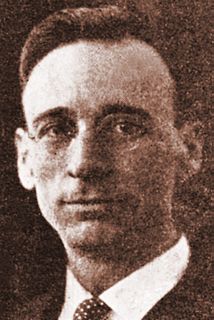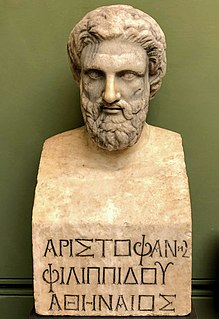A Quote by Frank-Walter Steinmeier
Whoever thinks war allows for lasting victories should take a look at European history books and learn their lesson.
Related Quotes
There's a lot we should be able to learn from history. And yet history proves that we never do. In fact, the main lesson of history is that we never learn the lessons of history. This makes us look so stupid that few people care to read it. They'd rather not be reminded. Any good history book is mainly just a long list of mistakes, complete with names and dates. It's very embarrassing.
Whoever wants to approach prayer without a guide, and proudly thinks that he can learn from books, and won't go to an elder, is already halfway into delusion. But the Lord helps the humble, and if there is no experienced guide, and he goes to a confessor, whoever he may be, then the Lord will cover him because of his humility.
You're mistaken; men of sense often learn much from their enemies. Prudence is the best safeguard. This principle cannot be learnt from a friend: but an enemy extorts it immediately. It is from their foes and not their friends, that cities learn the lesson of building high walls and ships of war. And this lesson saves their children, their homes, and their properties.
I think, while it is true that the Hillary Clinton and I voted differently on the war in Iraq, what is important is that we learn the lesson of the war in Iraq. And that lesson is intrinsic to my foreign policy if elected president, is the United States cannot do it alone. We cannot be the policeman of the world. We are now spending more I believe than the next eight countries on defense. We have got to work in strong coalition with the major powers of the world and with those Muslim countries that are prepared to stand up and take on terrorism.
Membership in the European Community, now the European Union, has enabled Ireland to re-find its sense of participation - cultural, political, social - at the European level. I think that also opens up possibilities for Ireland as a European country to look outward - to look particularly, for example, at countries to which a lot of Irish people emigrated, to our links - our human links - with the United States, with Canada, with Australia, with New Zealand. And to look also, because of our history, at our links to the developing countries.
I think most generations tend to learn the lesson of war the hard way. There is a deep attraction to the empowerment. Freud is right: societies either become locked in a collective embrace of Eros, as individuals do, or a collective embrace of Thanatos, the death instinct. They swing between the two. The notion that societies are naturally prone toward self-preservation is wrong. Self-annihilation can be deeply addictive, intoxicating, enticing. So I take a darker view of human nature, that war is probably always going to be with us. I think history bears me out.

































